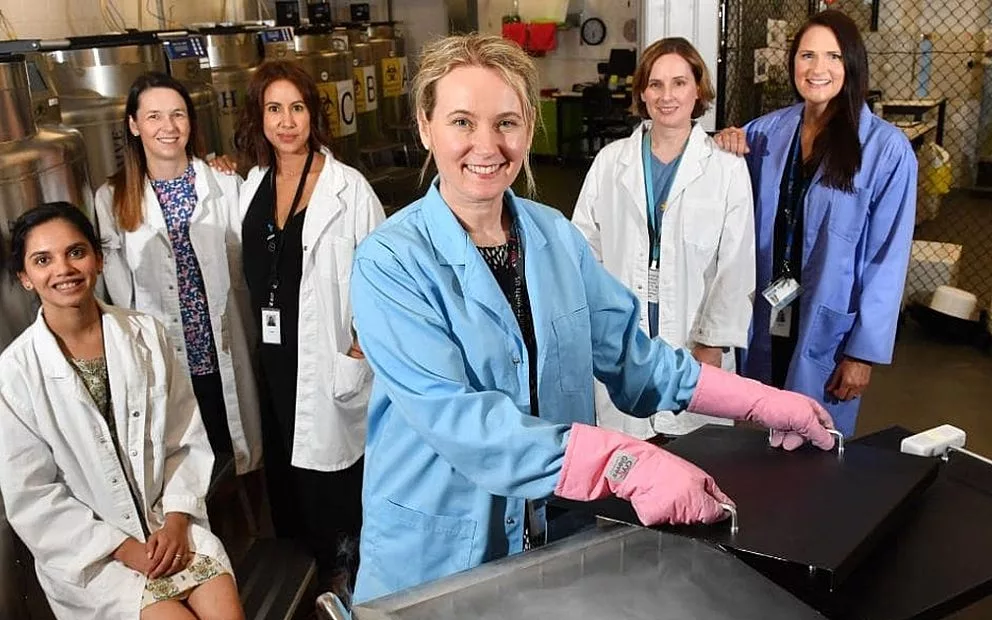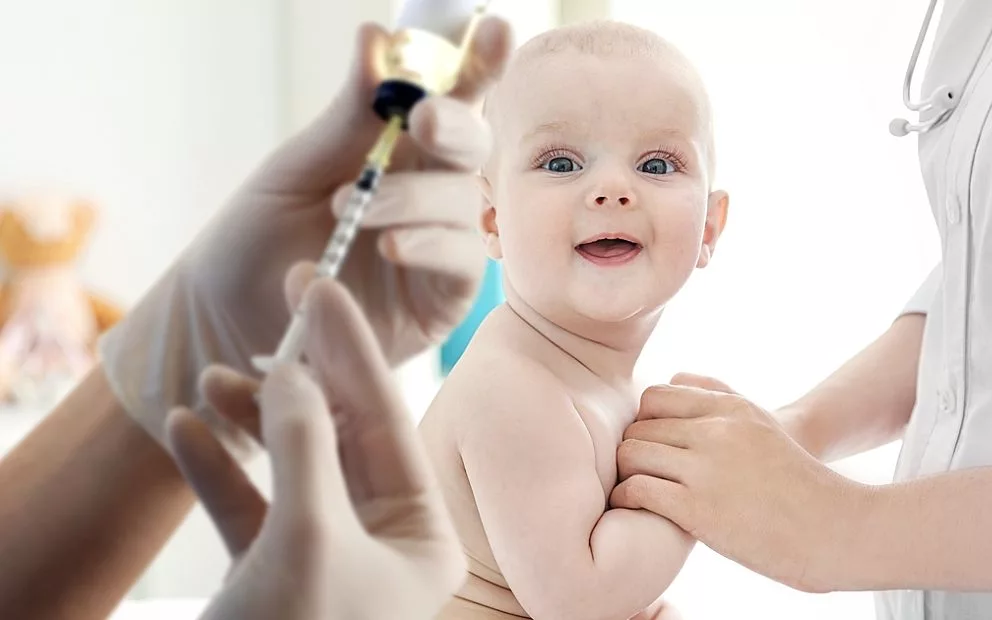A unique team of female South Australian scientists are undertaking world-first research to combat the second biggest cancer killer of men in Australia.
The six women, from the South Australian Health and Medical Research Institute (SAHMRI), are leading a group of global researchers hoping to revolutionise testing and treatment of prostate cancer by predicting “good” and “bad” cancers.
Prostate cancer affects men more than any other cancer, with 1100 SA men diagnosed with the cancer last year.
Prostate cancer research Group Leader Professor Lisa Butler, from SAHMRI and the University of Adelaide, said current testing made it difficult to identify the difference between prostate cancer that was slow-growing and low risk, requiring surgery or a “watch and wait” approach, from high risk cancer that needed more aggressive treatment.
Professor Butler said many men were treated as though their cancer was high risk, leading to unnecessary surgery and associated complications, including impotency and incontinence.
“While we are very good at detecting prostate cancer, we’re not so good at knowing whether that cancer could be lethal or just sit there and not cause problems,” she said.
“So there is an urgent need to better test and assess prostate cancer and how it progresses in order to create tailor-made treatment plans for patients to improve health outcomes and quality of life.”
The researchers have amassed more than 2000 prostate tumour samples from consenting patients undergoing prostate cancer surgery.
The samples, safely stored in a biobank at SAHMRI’s North Terrace headquarters, are being monitored for their response to treatment and patient outcomes in a bid to predict tumour aggressiveness.
Professor Butler said clinical trials including South Australian prostate cancer patients began late last year to modify molecules called lipids that influence prostate cancer aggressiveness.
The all-female lead researchers have defied gender norms in their field.
“It’s pretty unusual,” Professor Butler said in the lead up to International Women’s Day on Friday (March 8).
“I would love to see more women supported to take on science leadership roles across universities and research units.”
The research project, “Lipids and Prostate Cancer”, has received over $5 million in funding from Men’s Health Foundation, Movember Australia and the Prostate Cancer Foundation of Australia.
Professor Butler’s work is supported by Cancer Council SA’s Beat Cancer Project.
This story was reproduced with permission from The Advertiser.


